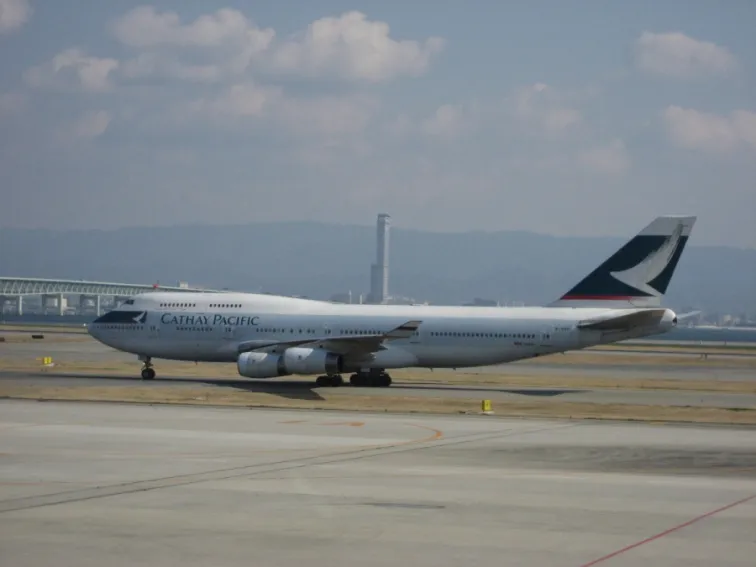
Cathay Pacific drew a disappointing 83% decline in profits
And it's just the tip of the iceberg.
The Cathay Pacific Group reported an attributable profit of HK$916 million for 2012 – an 83.3% fall compared to the profit of HK$5,501 million reported for 2011. Earnings per share fell by 83.3% to HK23.3 cents. Turnover for the year increased by 1.0% to HK$99,376 million.
In 2012 the Group’s core business was adversely affected by the high price of jet fuel, pressure on passenger yields and weak air cargo demand. Economic uncertainty, particularly in the Eurozone countries, and an increasingly competitive environment added to the difficulties.
It was a challenging year for the aviation industry generally. The Group’s share of profits from associated companies, including Air China, showed a marked decline.
Passenger revenue for the year was HK$70,133 million, an increase of 3.5% compared to 2011. Capacity increased by 2.6%. The two airlines carried a total of 29.0 million passengers in 2012, up 5.0% on theprevious year.
The passenger load factor fell by 0.3 percentage points. Yield increased by 1.2% to HK67.3cents, largely due to higher fuel surcharges consequent upon a 1.7% increase in average fuel prices.
The Group’s cargo revenue in 2012 was HK$24,555 million, a decrease of 5.5% compared to 2011. Yield for Cathay Pacific and Dragonair remained the same as last year at HK$2.42.
Capacity was down by 3.1% while the cargo load factor dropped by 3.0 percentage points to 64.2%. The airlines’ cargo business was affected by weak demand in major markets, particularly from Asia to Europe.
Fuel remained the most significant cost. Throughout much of 2012, fuel prices were at sustained high levels and this had a major impact on operating results. The Group’s fuel costs (disregarding the effect of fuel hedging) increased by 0.8% compared to 2011.
Fuel accounted for 41.1% of total operating costs – a decrease of 0.4 of a percentage point from the previous year. Managing the risk associated with high and sometimes volatile fuel prices remains a key challenge.
The Group took advantage of a reduction in fuel prices in May and June to do more hedging with a view to mitigating the impact of future fuel price increases.
Cathay Pacific Chairman Christopher Pratt said: “The Cathay Pacific Group operates in a volatile and challenging industry, one that will always be highly susceptible to external factors that remain largely beyond our control. The cost of fuel remains the biggest challenge, particularly for an airline such as ours where long-haul operations form a significant part of our total operations."
"Our focus will remain on protecting the business and managing short-term difficulties while remaining committed to our long-term strategy. Our financial position remains strong and we will continue to invest in the future," he adds.








![Cross Domain [Manu + SBR + ABF + ABR + FMCG + HBR + ]](https://cmg-qa.s3.ap-southeast-1.amazonaws.com/s3fs-public/styles/exclusive_featured_article/public/2025-01/earth-3537401_1920_4.jpg.webp?itok=WaRpTJwE)









 Advertise
Advertise


